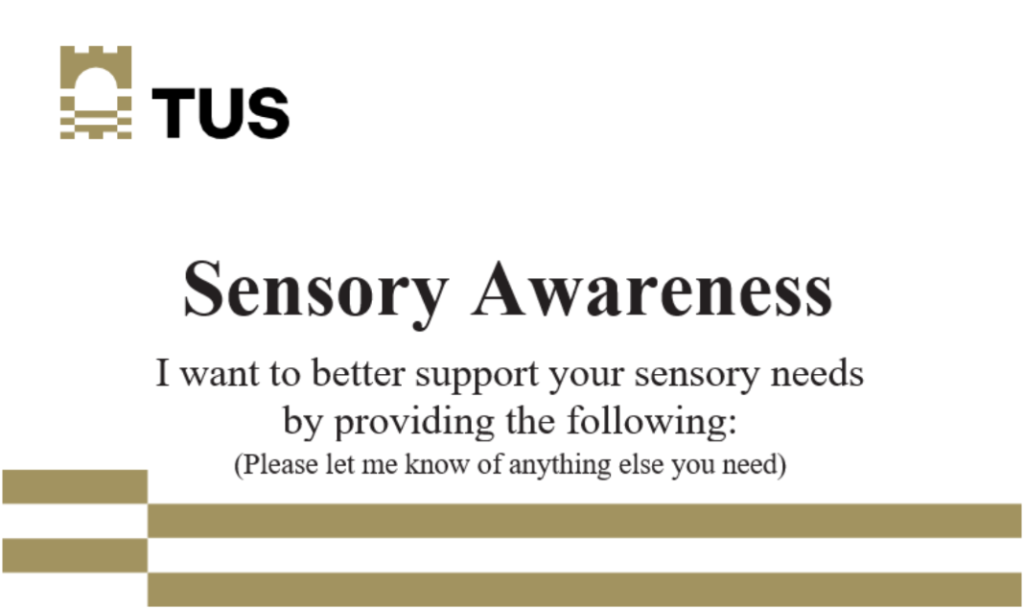Fidget library
Fidget tools
Fidget tools are usually small handheld objects designed to provide sensory stimulation. Instead of seeing fidgeting as something distracting or as a sign of inattention, fidgeting actually helps people focus and keep attention. In terms of language, as we work with adults we prefer to use the term fidget tools rather than fidget toys. There are many types of fidget tools, for example:
Tactile fidgets: textured items like stress balls or putty that engage the sense of touch.
Movement fidgets: items like spinner rings, fidget spinners or smaller rollers that all provide repetitive motion.
Stretch and resistance fidgets: elastic bands, twistable toys or hand grips that offer slight resistance for muscle engagement.
Discreet fidgets: wearables like silicone bracelets, fidget jewellery or small handheld items that can be used quietly in class.
“I did not want a fidget toy, I considered them a “cheap pound shop gimmick”, I tried one out of being polite. I tried about 5 of them, I was drawn to a luminous green ball, I loved its texture and its rollability. I took it for two of my hardest classes one after the other, I would say it had a 90-95% effective rating. Everyone should have an “Every Day Carry” kit with them, this ball is part of mine, as essential as ear protection. The toy is a sink for mindless energy that interferes with my classroom activities. When I use it in class (it is silent), it distracts the creative part of the brain while the logical part is engaged. There is not a right fidget toy but there may be the right fidget toy for you. Come and try one out.” (Quote from TUS Athlone student)
Borrowing from the TUS Fidget Library
We have various fidget tools available, chosen in consultation with students who have sensory challenges. Please email the relevant staff below to view the library and choose some fidget tools for your workspace to make the environment more sensory-friendly for students.
Athlone: Lisa.Hanlon@tus.ie / Kathy.Heavey@tus.ie
Midwest: Broze.ODonovan@tus.ie
Note: Unfortunately as we have limited stock we cannot give the fidgets away to individual students but they can pick up similar items easily in local shops/online.
Using the poster
This pack includes a customisable poster for your workspace. Select sensory-friendly ideas from this guide that are practical in your environment. Displaying the poster shows students that you recognise sensory challenges and are committed to supporting them. You can tailor the poster to fit your workspace, for example, you might include specific accommodations you can provide, while someone else may list different items based on what they can offer.
For example:
1. Follow-up email outlining what we talked about.
2. Support the use of noise-cancelling headphones.
3. Desk lamps instead of overhead bright lights.
4. Pre-agreed agenda for meetings.
5. You will receive a reminder prior to meetings.
6. Options to meet in person or online.
7. Fidget tools available.
Access the poster and type into it to personalise it to reflect what can be facilitated in your workspace. You can refer back to the last section ‘Application to various settings’ for more ideas of how to make the environment more sensory-friendly.

Click to open the customisable poster
Media Attributions
- Sensory Awareness Poster © Lisa Hanlon

